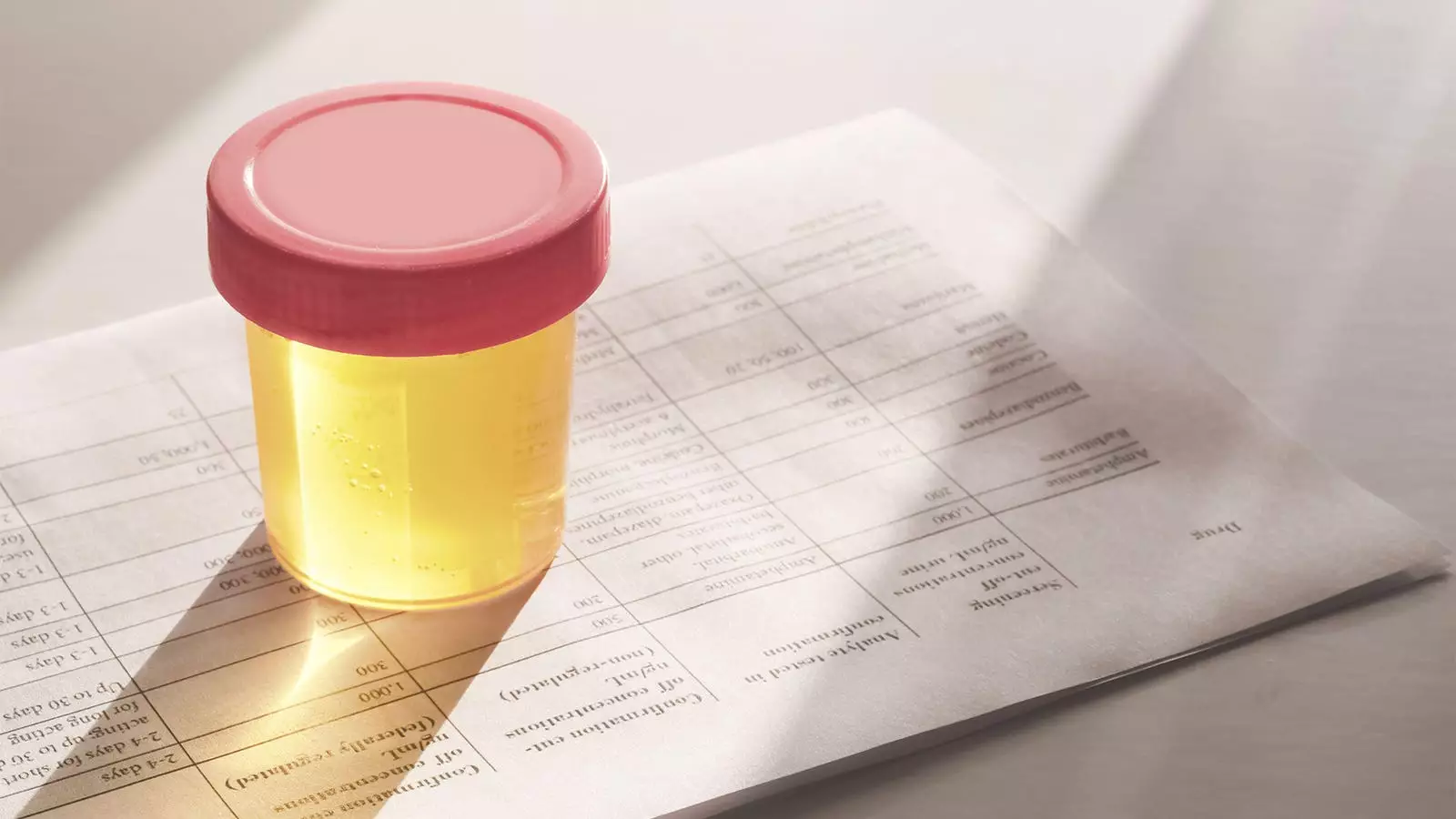When Anthony Bing contacted his doctor’s office, it wasn’t for a new symptom or a prescription refill. Instead, the 64-year-old man was concerned about the possibility of being sent to jail. As part of his probation requirements, Bing had to undergo urine testing twice a week at a Philadelphia probation office. Shockingly, these tests had come back positive for alcohol five times in a row, as reported by Bing’s physician. Even though Bing, a Navy veteran, had not consumed any alcohol in nearly a year, the results indicated otherwise. This erroneous information put his probation status and his freedom in serious jeopardy.
Bing’s past is crucial to understanding how he found himself entangled in the legal system. Serving in the U.S. Navy from 1981 to 1986, Bing initially worked as a boxer until a shoulder injury forced him to transition into a cook role. Post his military service, he held various odd jobs including truck driver, warehouse worker, and glass cutter. Admitting to developing a drug problem after leaving the service, Bing faced his first arrest in 2017 for assault. Due to his clean record and service in the Navy, he was referred to Veterans’ Treatment Court, designed to aid individuals struggling with addiction or mental health issues by linking them with Department of Veterans Affairs (VA) services. Although programs like these can be beneficial in helping nonviolent offenders seek treatment, the discretionary powers afforded to them can result in severe consequences for participants without the burden of proof. Bing’s false-positive urine tests posed a genuine threat to his progress since his arrest, including his relationship with his wife Priscilla, his health complications, and his freedom.
The Testing Procedure Mistake
The underlying reason behind Bing’s false-positive alcohol tests lay in the testing procedure itself. Bing was taking a common diabetes medication that elevates sugar levels in the urine. Consequently, when the urine sample sat at room temperature for extended periods before analysis, the sugar fermented into alcohol, leading to the positive test results. This issue was so significant that it was eventually published in the New England Journal of Medicine in February. Despite efforts to rectify the situation with detailed letters to the court explaining Bing’s innocence, a series of subsequent false positives emerged, prompting Bing to enlist legal aid in addressing the flawed system.
Bing’s case sheds light on a broader problem within the criminal justice system regarding drug testing protocols. Common substances like hand sanitizer or prescribed medications can trigger false-positive results for alcohol or drugs. It is concerning that those responsible for administering these tests may lack medical expertise, resulting in discrepancies and lack of standardization across different entities. Bing’s situation, exacerbated by the widespread use of empagliflozin (Jardiance) and other similarly prescribed drugs, underscores the urgent need for improved drug testing procedures to prevent unjust consequences faced by individuals like him.
A Call for Action
In light of Bing’s ordeal, it is evident that the current drug testing practices within the criminal justice system are flawed and susceptible to producing inaccurate results. The plight of veterans like Bing serves as a stark reminder of the urgent need for reform in this area. As a society, we must prioritize the implementation of standardized, medically sound practices to ensure that individuals like Bing do not endure wrongful punishment due to flawed testing procedures. It is imperative that we advocate for the rights and dignity of all individuals subjected to drug testing within the legal system to prevent further cases of injustice.



Leave a Reply